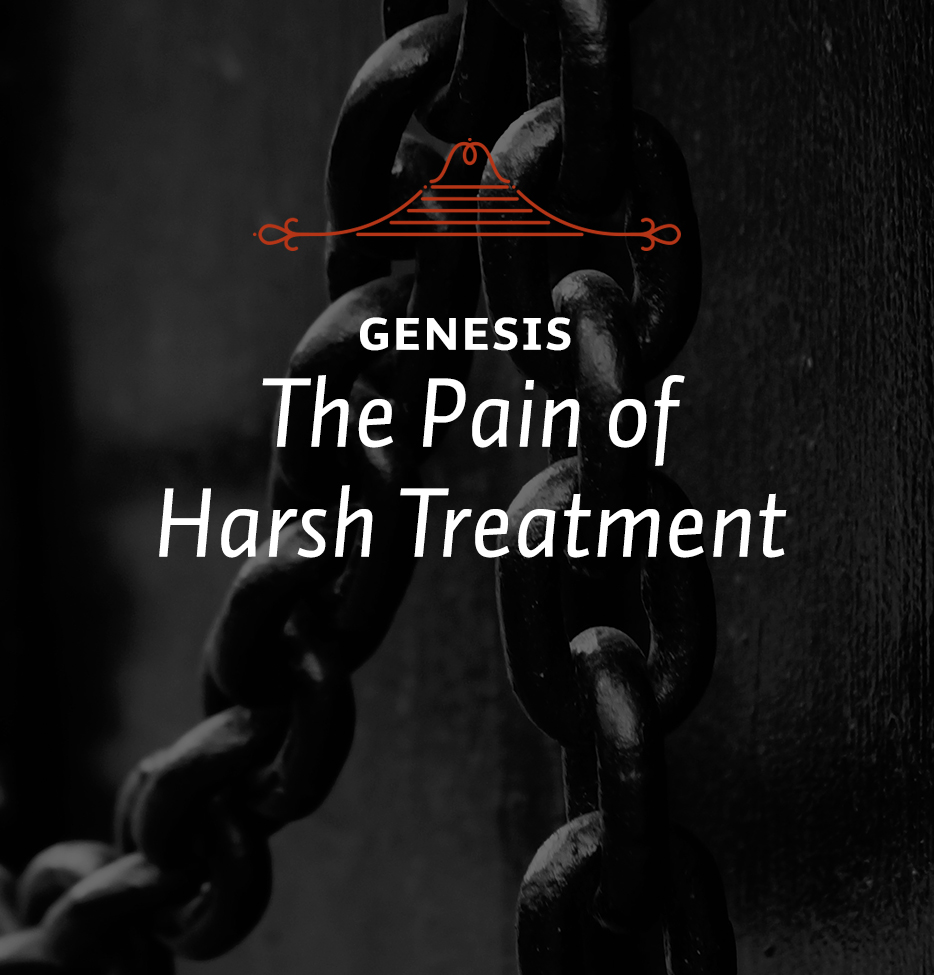It is not only insults that hurt us either. Even truth hurts, sometimes even when it is spoken kindly. Not long ago I was doing a study of divorce in which I criticized the increasingly permissive stance of evangelical leaders in this area. Because I was doing that someone gave me two issues of Eternity magazine in which the late columnist Joseph Bayly had said virtually the same thing. He expressed compassion for the hurting divorcee, as any of us should do. But he challenged his readers, especially ministers and other spiritual leaders, to take the plain teaching of the Bible seriously. “Somehow,” he said, “we must restore the sacredness of the marriage vows.”1
That was in the November issue of 1982. In May of the following year Bayly published a letter that had been sent to him in response to the earlier article. It read, “My reaction to the article is one of deep compassion for the angry, frightened, threatened person who wrote it. . . . Certainly the vituperation and the almost hysterical condemnation that characterize this article do not demonstrate the love we are commanded to have for one another. If it does, please don’t love me anymore!”2
It is clear to anyone who reads the original article and the letter responding to it that the only “angry, frightened, threatened, vituperative and hysterical” person is the one who wrote the letter. But that aside, the response is vivid evidence of how deeply truth (not to mention an injustice or insult) cuts into the mind and conscience.
“Sticks and stones may break my bones, but words can never hurt me.”
No. Words do hurt. Words work, which is one reason why God uses true words to unsettle us and awaken our consciences.
As I say, this is what Joseph was to do in the case of his brothers. Some writers have been critical of Joseph at this point, suggesting that his decision to conceal his identity and deal harshly with his brothers was wrong and unmerciful. According to these people, Joseph should have made himself known immediately. But people who embrace this type of sentimental, naive romanticism do not get appointed to positions of great authority, such as the one Joseph occupied, nor should they. This was a matter involving a great wrong; it required perceptive and very careful handling.
We must remember that these were hard men. Years before this, when Joseph had been just a boy, they had dissembled with the Shechemites, who had defiled their sister Dinah, and then had massacred their entire village. Their father said they had made him “a stench” to the Canaanites and Perizzites (Gen. 34:30). Reuben had dishonored his father by sleeping with his father’s concubine Bilhah (Gen. 35:22). Judah had gone in to his daughter-in-law Tamar, thinking her a prostitute, and had gotten her pregnant (Gen. 38). And then all the brothers together had sold Joseph into slavery (Gen. 37). These were not men a man could treat gently. It took a vigorous shaking by the prime minister of the greatest nation of that day to unsettle them.
1Eternity (November 1982): 59, 48.
2Eternity (May 1983): 57.






